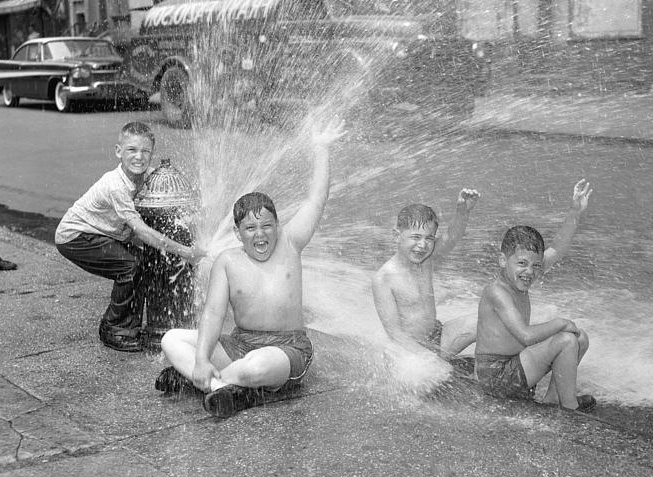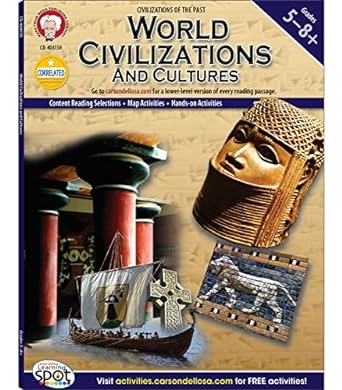As my soon to be seven-year-old grandson gets older I can’t help but measure his progress against my own bygone youth. Surely, this is a common exercise among parents and grandparents.
My grandson is of mixed ethnicity, all Euro-American. He hasn’t an Italian surname and doesn’t carry a traditional given name, rather a Gaelic one. He has no adult relatives who speak with a foreign accent, as many of us had. He attends a New York City school and has classmates and friends of differing ethnicities. Like my grandson, I was raised in a multi-ethnic environment, but because of my all-Italian family I identified with my ethnic background early on. The adjective “Italian” conveyed a lot more to me than food.
He is way ahead of me in early sports. He’s a wiz on ice, already being trained (and lavishly equipped) for hockey – sadly, I never learned to ice skate. School subjects are introduced earlier than we experienced – it’s called ‘math’ not ‘arithmetic’ nowadays. His computer and cellphone skills are almost frightening. He has mastered Facetime with his mother’s phone, as well as Alexa requests.

He is not unique in this advanced lifestyle, but his generation is missing a grounding in basic human nature. This is especially true of suburban kids. Playing with other kids in the neighborhood and learning to cope with different personalities and street traffic has been replaced with play dates at expensive game rooms and ‘helicopter’ parents. My early years in the suburbs meant climbing trees and peddling my Schwinn for hours on local streets. What parent today would be comfortable with these activities?
Worse, could my grandson cope with playing on city streets? In 1954 and 1955, I spent summers in Brooklyn with my aunt and cousins. It was stickball in the street, stoop ball and handmade scooters on the sidewalks, carpet gun ‘fights’ involving rival teams and whole blocks as the battleground. “A kid got run over by a car!” was a frightening message in those days. Still, we all learned how to cross streets and function without adults for entire days. (Clearly, many minority kids today still live this kind of street life.)
As my grandson gets older, will he come to understand his ethnic make-up? I feel that such awakening occurs by the 6th grade when schools introduce students to ancient history. It was there that I locked onto my Italian heritage when I turned the textbook pages from ancient Egypt and Greece to Rome. I still recall the double-page display with small pictures of Italy, Roman soldiers, aqueducts, the Forum, and roadbuilding. By the 7th and 8th grades I was assigned to take Latin, which opened even more doors.

cover of this textbook.
What will be in store for my grandson and your grandchildren? Columbus Day, which for decades swelled our pride as the whole nation displayed the Niña, Pinta, and Santa Maria to celebrate the opening of the New World by an Italian, is now being expunged and ‘reimagined.’ One less link to their Italian side. Although I haven’t read any new textbooks, I can believe that the ancient civilizations have been expanded to ensure that Greece and Rome are de-emphasized.
In his teens, my grandson’s tenuous connections to his partial Italian heritage is easy to imagine. Just look around and see today’s Euro-American youth as they imbibe a steady diet of revisionist history and Woke-based current events. How many even know what Italian region their family hailed from? Will our heritage begin and end with their taste buds?
They are babes in the woods. But, there is much we can do as still living branches of their family tree. Spur their interest in ancestors who overcame adversity, who served in the wars, who built financial legacies they now enjoy. Reinforce Italian values: of a Catholic marriage, family obligations, respect for traditions, and reverence for our ancestral homeland.
Paying for an educational trip to Italy would be the best way of all. -JLM




Excellent article!
I especially like the paragraph:
“But, there is much we can do as still living branches of their family tree. Spur their interest in ancestors who overcame adversity, who served in the wars, who built financial legacies they now enjoy. Reinforce Italian values: of a Catholic marriage, family obligations, respect for traditions, and reverence for our ancestral homeland.”
Yes, we “living branches” have the honor (vs just duty) of keeping our heritage alive!